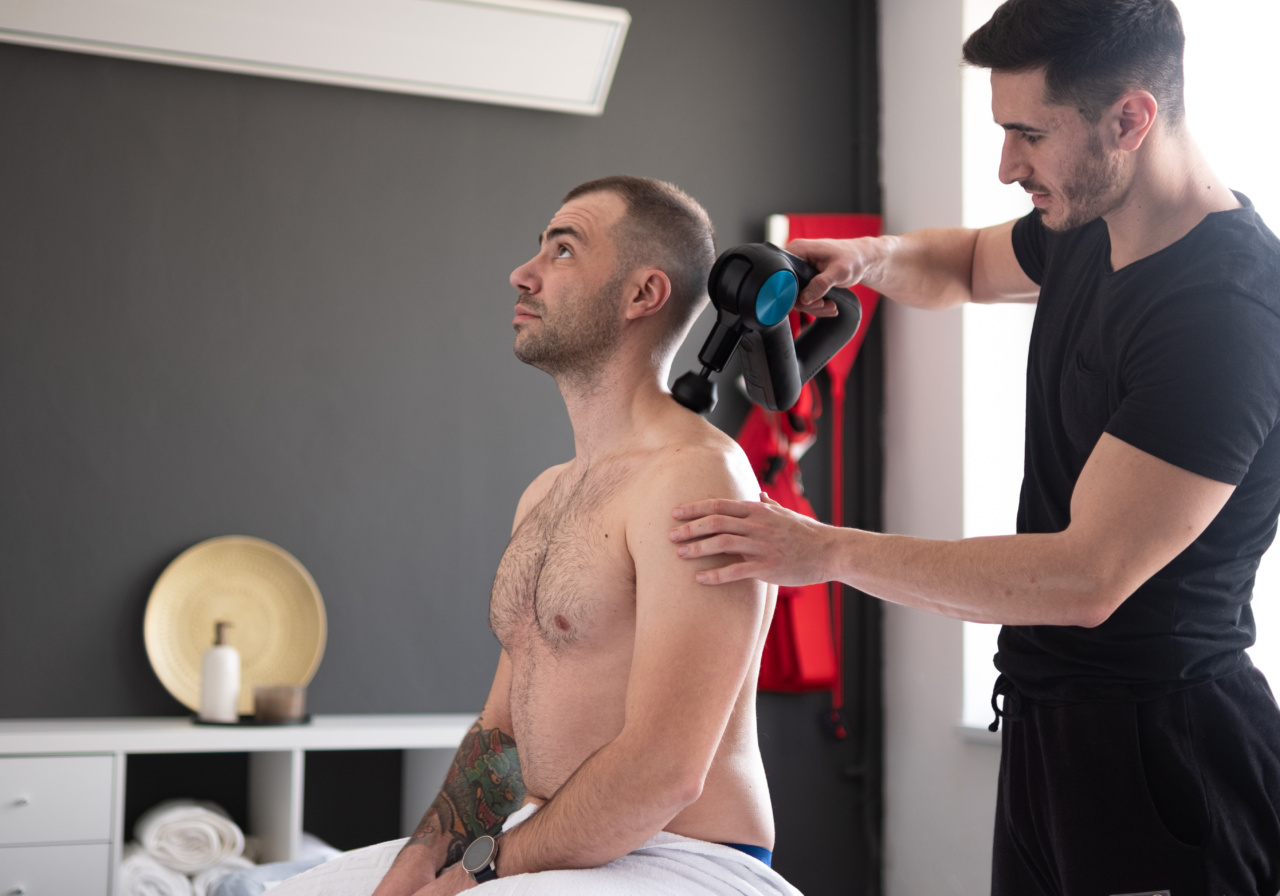Many people assume that losing weight is all about losing fat. However, it’s possible to lose muscle mass in the process if you’re not careful.
In fact, this can happen even if you’re actively working out, if you’re not eating the right foods. In this article, we’re going to explore what causes muscle loss during weight loss, and what you can do to prevent it.
What is Muscle Loss?
Muscle loss, also known as muscle atrophy, is a loss of muscle tissue due to various factors. These factors may include aging, injury or trauma, and a lack of physical activity. In some cases, it can also occur due to changes in your diet or lifestyle.
There are two types of muscle atrophy: disuse atrophy and neurogenic atrophy.
Disuse atrophy is caused by a lack of physical activity, while neurogenic atrophy is caused by an injury or trauma to the nervous system that disrupts the connection between the brain and the muscles.
What Causes Muscle Loss During Weight Loss?
When you lose weight, you’re not just losing fat. You’re also losing muscle mass, which can be problematic if you’re not getting enough protein in your diet.
If you’re not consuming enough protein, your body will start breaking down muscle tissue for energy. This can lead to a reduction in muscle mass and a slower metabolism.
Another reason why people lose muscle mass during weight loss is because they’re not eating enough calories. When your body isn’t getting enough calories, it will start breaking down muscle tissue to use as energy.
This can also slow down your metabolism and make it harder for you to lose weight in the long run.
How to Prevent Muscle Loss During Weight Loss?
There are a few things you can do to prevent muscle loss during weight loss:.
1. Increase Your Protein Intake
Protein is essential for building and maintaining muscle mass. Aim to consume at least 1 gram of protein per pound of body weight every day. Good sources of protein include chicken, fish, eggs, and beans.
2. Don’t Cut Calories Too Drastically
If you’re trying to lose weight, it can be tempting to cut your calories too drastically. However, doing so can lead to muscle loss. Instead, aim to create a calorie deficit of no more than 500 calories per day.
3. Focus on Strength Training
Strength training is essential for building and maintaining muscle mass. Try to incorporate strength training into your workouts at least 2-3 times per week.
Focus on exercises that work multiple muscle groups, such as squats, deadlifts, and bench presses.
4. Get Enough Sleep
Sleep is essential for muscle recovery and repair. Aim to get at least 7-8 hours of sleep per night.
5. Stay Hydrated
Staying hydrated is important for overall health, but it’s also essential for muscle health. Aim to drink at least 8-10 glasses of water per day.
The Bottom Line
Losing weight can be a great way to improve your health, but it’s important to do so in a way that doesn’t lead to muscle loss.
By increasing your protein intake, focusing on strength training, getting enough sleep, and staying hydrated, you can achieve your weight loss goals while maintaining your muscle mass.


























